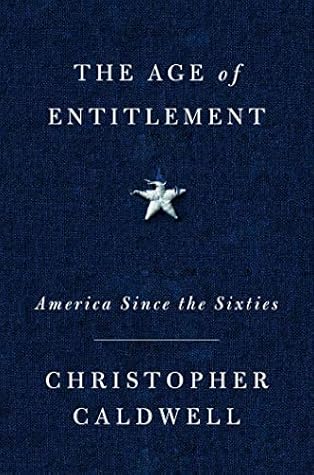And now civil rights, like other constitutional traditions before it, was fated to see its protections, its prerogatives, and its logic claimed by people once excluded from it. Civil rights had been devised for blacks. But its remedies proved useful to a widening circle of groups that, at the time of its passage, had not seemed similarly ill treated: First immigrants. Then women. Then gays. Then, in the Hobby Lobby case that came before the Supreme Court in 2014, Christians.
Welcome back. Just a moment while we sign you in to your Goodreads account.


